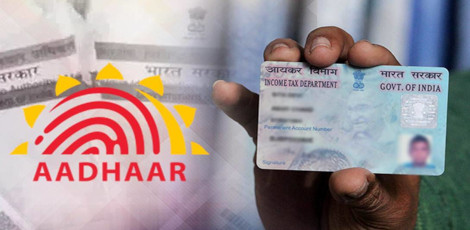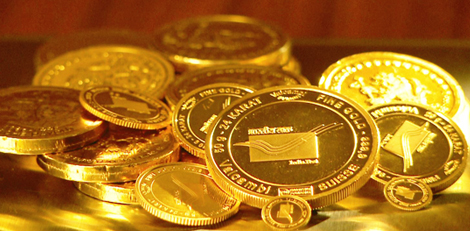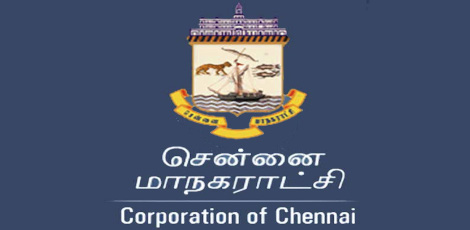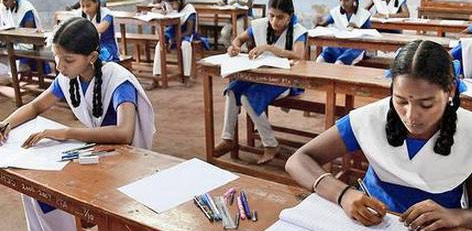Unlinked PAN Cards Soar to 11.48 Crore: Why Aadhaar Linkage is Imperative
Posted on: 06/Feb/2024 5:40:01 PM

In the realm of essential financial documents, the PAN card has emerged as a key player, facilitating critical processes such as income tax return filing, bank account opening, and loan applications. Recognizing its pivotal role, the central government has implemented a mandatory linkage of PAN cards with Aadhaar, a strategic measure aimed at curbing fraudulent practices and ensuring the uniqueness of individuals within the financial system.
Recent reports reveal a concerning statistic: a staggering 11.48 crore PAN cards are yet to be linked with Aadhaar. This non-compliance not only raises the risk of individuals possessing multiple PAN cards but also poses a significant threat in terms of potential fraudulent activities. In a bid to enforce compliance, the government has introduced a late fee of Rs 1,000 for PAN-Aadhaar linking, applicable post-June 30, 2023.
As of January 31, 2024, the accrued late fees stand at a substantial Rs 601.97 crore, underscoring the gravity of the situation and emphasizing the government`s commitment to incentivize adherence to the linking deadline. This substantial late fee, imposed from July 1, 2023, serves as a financial deterrent, encouraging individuals to promptly fulfill this regulatory requirement.
The linking process not only acts as a safeguard against identity manipulation but also streamlines governmental procedures, fostering transparency and efficiency within the financial ecosystem. Individuals yet to link their PAN cards with Aadhaar are strongly urged to expedite this process to avoid incurring additional penalties.
In summary, the mandatory linkage of PAN cards with Aadhaar is not merely a regulatory formality; it is a proactive measure aimed at securing the financial landscape and thwarting potential malpractices. As the deadline looms, individuals are advised to prioritize this crucial task to sidestep late fees and ensure compliance with governmental directives.







